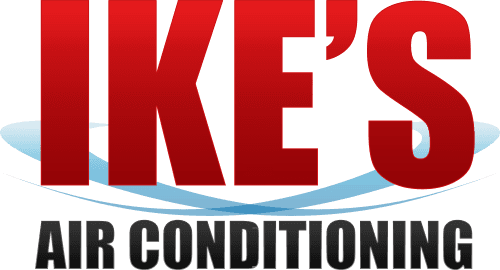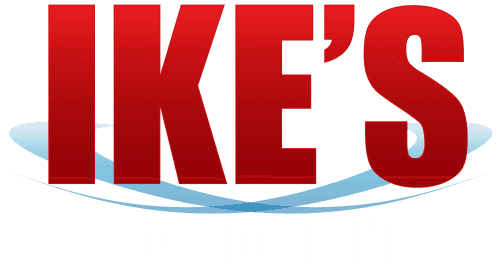HVAC systems play a crucial role in maintaining indoor air quality and ensuring optimal comfort in our homes. One of the key components of an HVAC system is the air filter, which helps trap dust, allergens, and pollutants, thus improving the air we breathe. However, not all air filters are created equal. In this blog post, we'll delve into the various types of HVAC air filters available and explore their unique features to help you make an informed choice for your home.
Fiberglass Air Filters
Fiberglass filters are among the most common and affordable options available. Composed of layered fiberglass fibers, these filters are designed to capture large dust particles and debris. While they provide basic protection for your HVAC system, they are not very effective at trapping smaller particles or allergens. Their low cost makes them a popular choice for those on a budget, but they may require more frequent replacements.
Key Features:
- Affordable option
- Basic protection against larger particles
- Requires frequent replacement
Pleated Air Filters
Pleated air filters are an upgrade from fiberglass filters, offering improved filtration efficiency. These filters have a larger surface area due to their folded design, allowing them to capture a wider range of particles, including some smaller allergens. They are available in various MERV (Minimum Efficiency Reporting Value) ratings, indicating their effectiveness in trapping particles of different sizes.
Key Features:
- Better filtration than fiberglass filters
- Available in different MERV ratings
- Suitable for capturing smaller particles and some allergens
High-Efficiency Particulate Air (HEPA) Filters
HEPA filters are known for their exceptional efficiency in trapping particles as small as 0.3 microns in size, making them highly effective at improving indoor air quality. While HEPA filters are commonly associated with vacuum cleaners and air purifiers, they can also be used in HVAC systems. However, using HEPA filters in standard HVAC systems may require modifications due to their high density, which can restrict airflow.
Key Features:
- Excellent particle filtration, including tiny particles and allergens
- May require HVAC system modifications due to airflow restriction
Electrostatic Air Filters
Electrostatic air filters utilize an electrostatic charge to attract and trap particles as air passes through them. These filters are available in both washable and disposable variants. Washable electrostatic filters can be reused after cleaning, making them environmentally friendly and cost-effective in the long run. However, disposable electrostatic filters might offer higher filtration efficiency.
Key Features:
- Utilizes electrostatic charge to capture particles
- Washable and disposable options are available
- Washable filters are eco-friendly and cost-effective
Activated Carbon Air Filters
Activated carbon filters are specifically designed to remove odors, gases, and volatile organic compounds (VOCs) from the air. They consist of a layer of activated carbon, which adsorbs and neutralizes these unwanted substances. While not primarily focused on particle filtration, activated carbon filters can complement other filter types to provide comprehensive air purification.
Key Features:
- Effective at removing odors, gases, and VOCs
- Complements particle filters for comprehensive air purification
Choosing the right HVAC air filter is essential for maintaining clean and healthy indoor air quality. By understanding MERV ratings, exploring different filter types, considering specific needs such as allergies, and prioritizing airflow and energy efficiency, you can make an informed decision. At IKE’S Air Conditioning, we are dedicated to helping you find the perfect air filter for your home.
Contact us today to discuss your HVAC air filter needs and schedule a consultation with our experts.


